Buying Home on Acreage Versus Home on Lot: What You Need to Know in 2024
Buying a home is one of the most significant financial choices you will encounter. If you’re stuck deciding between buying a home on acreage versus a home on a lot, you’re not alone. This choice can significantly affect your lifestyle, finances, and even the type of mortgage you choose. In this blog, we’ll break down the pros and cons of each option to help you make an informed decision.
Even though a home buyer is not responsible for paying the real estate commission of 6%, that cost is already figured into the cost of the home purchase. Plus there are closing costs on a home purchase. Closing costs can be anywhere between 2% to 6% of the home purchase. Bottom line is that right off the bat, a home purchase will have more than 10% of the costs, whether those who are buying or sellers.
Whether you’re looking for privacy, space, convenience, and low maintenance, this guide will help you understand the differences and choose what’s best for you.
Why the Choice Matters
When deciding between acreage and a lot, it’s not just about the size of the property—it’s about what that size brings in terms of lifestyle, cost, and future potential. Acreage often means more privacy and room for activities. At the same time, smaller lots usually have less maintenance and better access to city amenities. Understanding these differences will help you weigh your priorities.
Pros of Buying a Home on Acreage
1. Privacy and Freedom
Homes on acreage provide unmatched privacy. You won’t have neighbors peering into your windows or knowing when you come and go. For families who value solitude or have hobbies that require space, acreage offers the freedom to live without restrictions. In communities with one-acre or five-acre zoning, you can enjoy quiet surroundings while being part of a neighborhood.
2. Space for Expansion
If you’re buying a home on acreage, you’re not limited to the footprint of your existing home. You can add:
- Additional rooms or living spaces
- Outdoor amenities like a pool, tennis court, or garden
- Outbuildings such as garages, barns, or storage sheds
This flexibility is a big draw for buyers who want their property to grow with their needs.
3. Perfect for Animal Lovers
Acreage is ideal for those who dream of owning horses or other large animals. Many properties with acreage are zoned for agricultural or equestrian use. You can even start a small farm or hobby garden.
4. Connection to Nature
Living on an acreage often means being closer to nature. Whether you’re building a pond, planting a large garden, or simply enjoying the open space, an acreage property lets you embrace outdoor living.
Start Your Process Towards Buying A Home
Apply Online And Get recommendations From Loan Experts
Cons of Buying a Home on Acreage
- Maintenance Costs and Effort: Owning acreage requires significant upkeep. From mowing large lawns to trimming trees and maintaining fences, the time and money needed can add up quickly. Equipment like lawn tractors and chainsaws can cost thousands, not to mention ongoing fuel and repairs.
- Increased Utilities and Infrastructure: Larger properties often have higher utility costs. You may also need to maintain wells, septic systems, and private driveways. These responsibilities aren’t typically part of owning a home on a smaller lot.
- Distance from Amenities: Homes on acreage are often located in rural areas. While this provides peace and quiet, it can mean longer commutes to schools, stores, and hospitals. Internet and cellular services may also be less reliable.
- Higher Initial Costs: When considering real estate options, it’s important to note that although the price per square foot can be lower for certain properties, those with larger acreage tend to come with higher overall costs. This factor often leads to increased property taxes in specific regions, so it’s wise to be aware of these potential expenses as you make your decisions.
Pros of Buying a Home on a Lot
- Convenience: Homes on smaller lots are usually closer to city centers, schools, and shopping areas. This makes them ideal for families or individuals who value convenience and short commutes.
- Lower Maintenance: Maintaining a small yard is much easier and less expensive. Landscaping services for smaller lots are more affordable, and you can often handle the upkeep yourself without specialized equipment.
- Community Atmosphere: For social butterflies, homes on lots provide a sense of community. Neighbors are closer, and it’s easier to make connections.
- Lower Utility Costs: Smaller lots usually mean smaller homes, leading to lower heating, cooling, and utility bills.
Cons of Buying a Home on a Lot
- Limited Space: If you dream of a large garden, an outdoor pool, or an addition to your home, a small lot might not have enough space. This can feel restrictive for growing families or hobbyists.
- Less Privacy: Living on a lot often means living closer to your neighbors. Noise, shared fences, and lack of personal space can be challenging for those who value privacy.
- HOA Restrictions: Many homes on lots are part of planned developments with homeowners associations (HOAs). While these can maintain neighborhood standards, they often come with rules about what you can and can’t do with your property.
Financial Considerations
Mortgage Options for Acreage
Financing a home on acreage may require specialized loan programs. Lenders often assess the value of the land differently than they do for homes on smaller lots.
At Gustan Cho Associates, we offer flexible mortgage options for unique properties, including those with acreage. These include conventional, FHA, and even non-QM loans for buyers with unique financial situations.
Closing Costs and Fees
Both acreage and lot properties come with closing costs, typically 2% to 6% of the purchase price. However, the costs may vary depending on the property type. Larger properties might require additional inspections, such as well or septic assessments, which can add to your upfront expenses.
Trends in 2024
- Remote Work and Rural Living: The rise of remote work has made homes on acreage more appealing in 2024. Buyers are prioritizing space for home offices, gardens, and outdoor recreation over proximity to city centers.
- Sustainability: Many buyers are looking for properties where they can live sustainably. Acreage properties allow for solar panels, water conservation systems, and even small-scale farming.
- Rising Property Taxes: Property taxes are increasing in many areas. Acreage homes may be hit harder, depending on the zoning and use of the land. Be sure to account for this in your budget.
How to Decide: Questions to Ask Yourself
- What’s Your Lifestyle?
- Do you need space for hobbies, animals, or outdoor activities?
- Or do you prefer the convenience of city living?
- How Much Time Do You Have?
- Are you prepared to spend hours maintaining your property?
- Or would you rather spend that time on other activities?
- What Can You Afford?
- Have you factored in the costs of maintenance, taxes, and utilities?
- Have you explored loan options tailored to your needs?
Why Work with Gustan Cho Associates?
At Gustan Cho Associates, we specialize in helping homebuyers secure the perfect mortgage for their needs. Whether you’re buying a home on acreage or a home on a lot, we offer:
- Flexible Loan Options: From conventional loans to non-QM loans for unique properties.
- Fast Approvals: Our streamlined process helps you close quickly.
- Expert Advice: Our dedicated team is ready to support you at each stage of the journey.
Ready to make your dream home a reality? Contact Gustan Cho Associates today, and let’s get started!
Final Thoughts
Buying a home on acreage versus a home on a lot is a deeply personal decision. Each option has its benefits and challenges, so weighing your priorities is important.
Whether you value privacy and space or convenience and low maintenance, the right choice will depend on your lifestyle, budget, and long-term goals. With the right mortgage, you can make either option work for you.
Let Gustan Cho Associates help you take the next step toward homeownership. Call or text us at 800-900-8569 or email gcho@gustancho.com. We are available 7 days a week, even on holidays.
Frequently Asked Questions About Buying Home on Acreage Versus Home on Lot:
Q: What Does it Mean to Buy a Home on Acreage Versus a Home on a Lot?
A: Buying a home on acreage means purchasing a property with a larger piece of land, typically measured in acres, offering more space and privacy. A home on a lot usually has a smaller, defined piece of land, often in suburban or urban neighborhoods.
Q: What are the Main Benefits of Buying a Home on Acreage?
A: Homes on acreage provide:
- More privacy.
- Space for outdoor activities or expansions.
- Opportunities for hobbies like gardening or raising animals.
They are ideal for people who value solitude or need extra room for their lifestyle.
Q: What are the Downsides of Buying a Home on Acreage?
A: Maintaining a large property can be expensive and time-consuming. In rural areas, you face higher utility costs, longer commutes, and potential challenges with internet or cell service.
Q: Why do People Choose a Home on a Lot Instead of Acreage?
A: Homes on lots are easier to maintain, close to city amenities, and typically have lower utility costs. They are a good choice for those who value convenience and community living.
Q: Is Buying a Home on Acreage Versus a Home on a Lot More Expensive?
A: Generally, homes on acreage have a higher upfront cost due to the size of the land. They may also come with higher property taxes and maintenance costs. Homes on lots are usually more affordable overall.
Q: Can I Get a Mortgage for a Home on Acreage?
A: Yes, but financing a home on acreage can require specialized loan programs. Lenders may evaluate the land differently. Gustan Cho Associates offers flexible loan options, including FHA, conventional, and non-QM loans, to help buyers finance acreage properties.
Q: What Kind of Maintenance is Required for a Home on Acreage?
A: Maintaining acreage can involve mowing large lawns, trimming trees, maintaining fences, and possibly caring for wells or septic systems. You may need specialized equipment, such as lawn tractors, which can be costly.
Q: Are There HOA Restrictions on Homes on Acreage Versus Homes on Lots?
A: Homes on lots in planned communities often come with HOA rules that limit what you can do with your property. Homes on acreage, especially in rural areas, usually have fewer restrictions, allowing for more freedom.
Q: Which Option is Better for Families: a Home on Acreage or a Home on a Lot?
A: It depends on your family’s needs. Acreage is better if you value space, privacy, or outdoor activities. A lot is more convenient for families needing proximity to schools, shopping, and entertainment.
Q: How do I Decide Between Buying a Home on Acreage Versus a Home on a Lot?
A: Consider your lifestyle, budget, and priorities. If you prefer privacy, space, and rural living, acreage might be right. If you value convenience, low maintenance, and community, a home on a lot could be a better fit. Consulting with Gustan Cho Associates can help you explore options and find the right mortgage.
This blog about “Buying Home on Acreage Versus Home on Lot” was updated on December 9th, 2024.
Start Your Process Towards Buying A Home
Apply Online And Get recommendations From Loan Experts


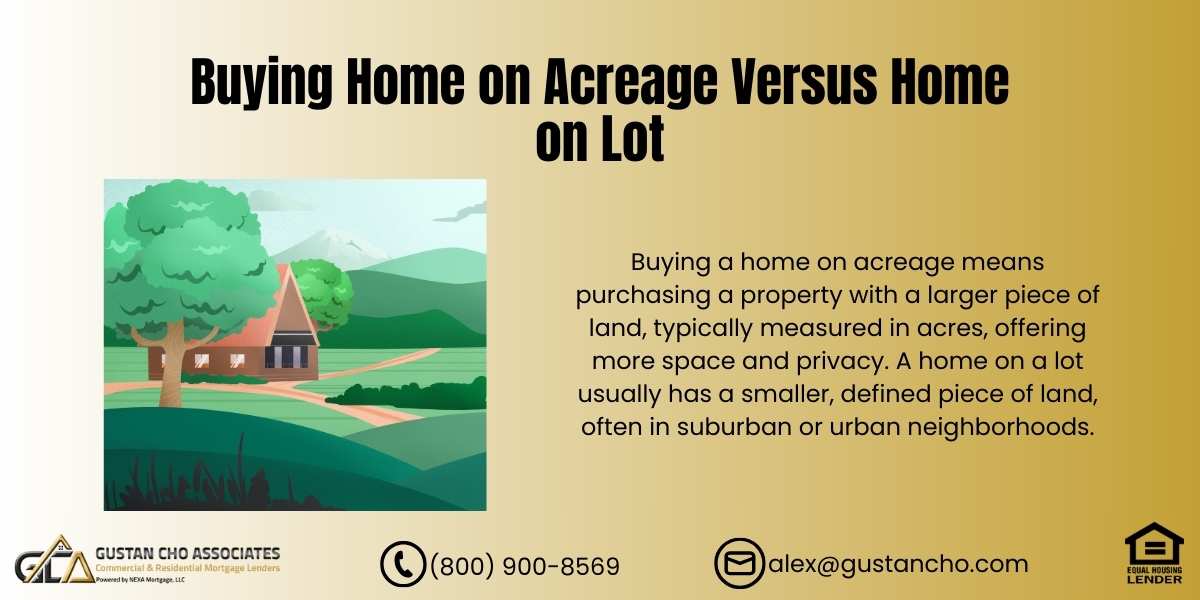
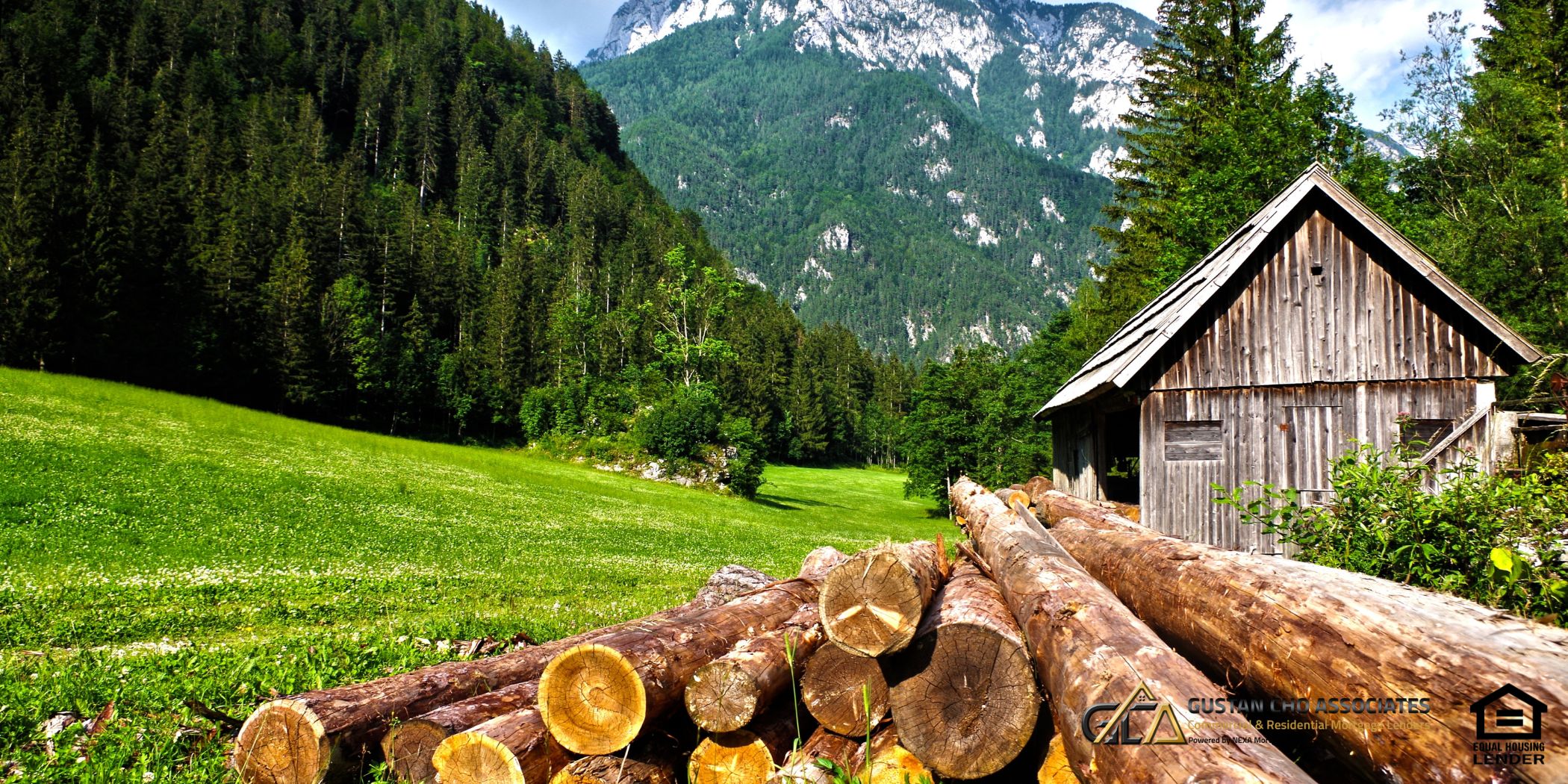
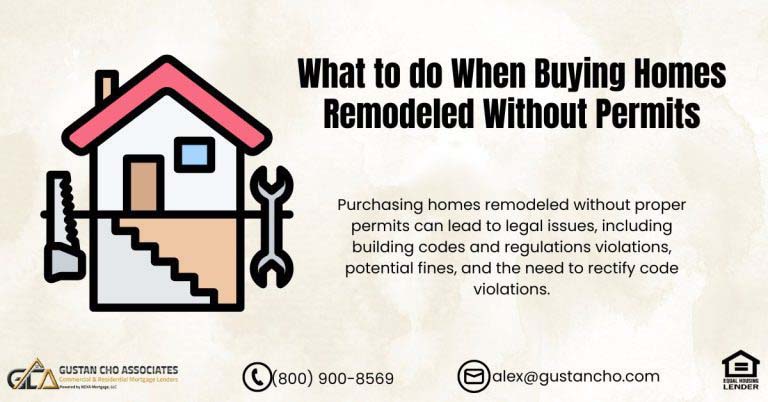
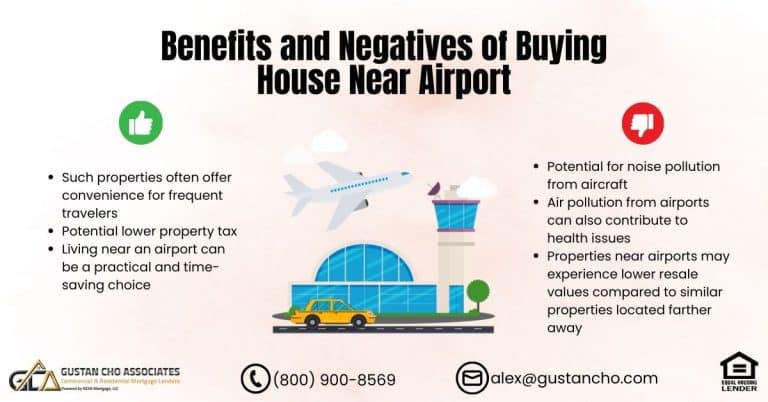
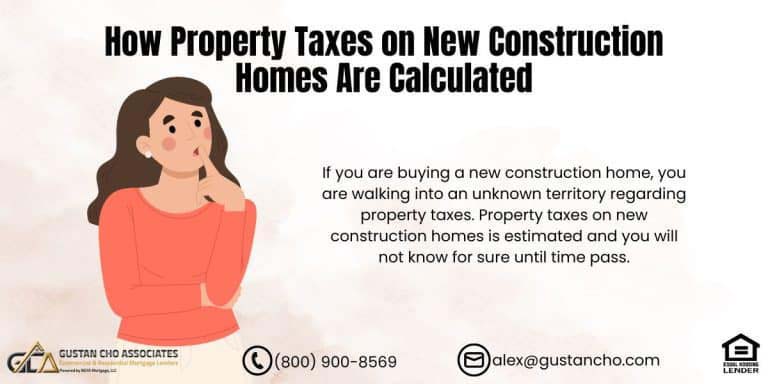
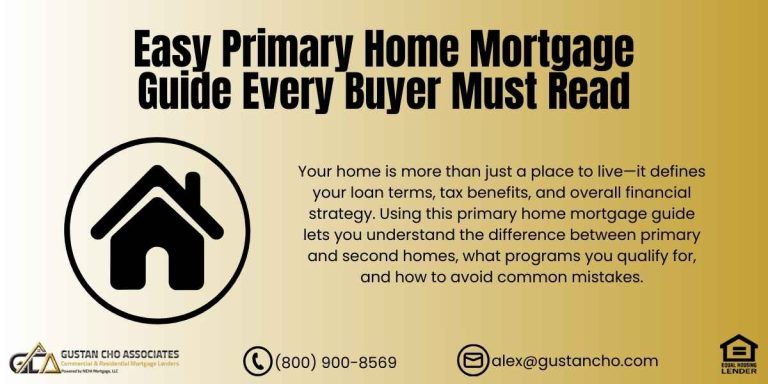

I like how you said that buying a home on acreage offers privacy where neighbors do not know whether they are leaving home or whether they have guests or not. My brother wants to buy a house since he just got married. I will share this article so he can have a better idea of how to choose the right property. Alex Carlucci, Dale Elenteny, Massimo Ressa, Martyna Szettel, Piotr Bieda, and Mike Gracz of Gustan Cho Associates have been very helpful in helping me answer all of my questions.
Wow, I’m so glad I came across your article, Gustan! I am looking to buy a home and like I love my privacy. I’m also thrilled to know that I will have the luxury to plant a large garden, build a pond, or even install an in-ground pool when buying a home on acreage. My daughter loves swimming and this will make her very happy. I will definitely consider buying a home on acreage and look for an acreage builder to make my dream home come true.I appreciate Alex Carlucci and Massimo Ressa helping me with getting me the best mortgage rates.
I like that you mentioned that buying homes with acreage are ideal for people who value their privacy. One of the things I’d like to have someday is a home somewhere secluded that I can use when want a bit of an escape from the city. I think it will also serve as a good venue for a house party with my friends.
It’s great that this article mentioned that one of the benefits of owning a home that has a lot of acreages is that you can construct things like tennis courts or swimming pools. If you are going to be making a lot of changes to your land, you are probably going to need to purchase some kind of mini excavator that you can use to do earthmoving with. As far as I know, most mini excavators have different attachments you can use to complete different jobs.
My uncle really wants to buy some more acreage when he moves because he wants to have more space for his horses. Making sure that he could buy the right land from a professional in order to be more effective. Thanks for explaining how he will be able to have more privacy from neighbors, and he can add a shed or barn to the back